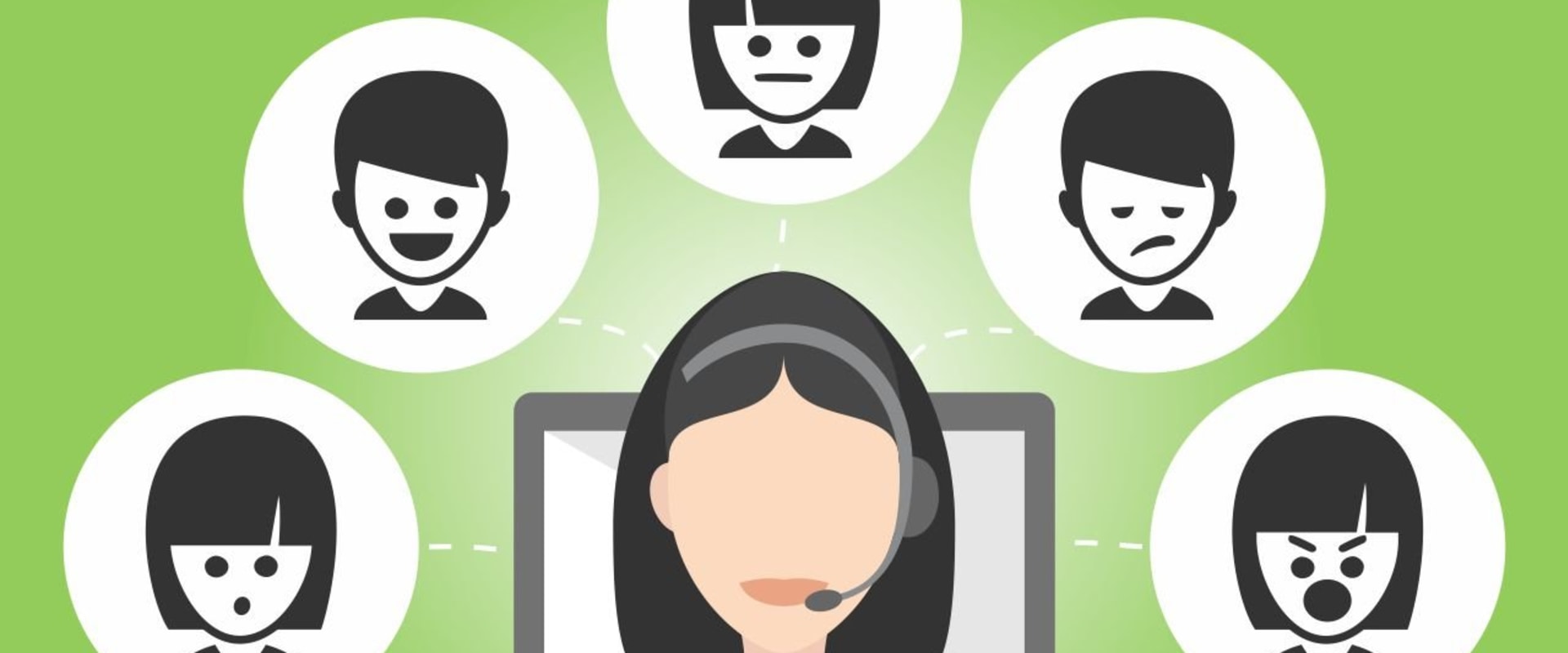It can be difficult to troubleshoot problems related to software and hardware, especially when you don't have the technical expertise or resources to do so. But when it comes to health information systems and other sensitive data, such as those found in HIPAA-regulated environments, it is essential that any issues are quickly identified and resolved. This article will provide an overview of the common software and hardware troubleshooting techniques that can be used to help ensure the security and reliability of your system. From simple fixes to more complex solutions, we'll cover it all so you can have the peace of mind knowing that any potential issues are quickly addressed. In this article, we'll provide an overview of software and hardware troubleshooting.
We'll explain the different types of troubleshooting, from basic to complex, as well as the tools and techniques that can help you identify and resolve any problems. We'll also discuss how HIPAA Technical Support can help you troubleshoot your software and hardware issues. First, let's look at the different types of troubleshooting. Basic troubleshooting involves checking for compatibility issues, updating drivers or programs, and restarting your device.
Complex troubleshooting is often required when more in-depth investigation is needed. This may involve using system monitoring tools to identify the root cause of a problem or using diagnostic tools to diagnose hardware or software issues. When it comes to troubleshooting software and hardware issues, it's important to have the right tools on hand. These tools can range from basic utilities such as disk defragmenters and system restore points to more advanced tools such as diagnostic programs and system monitors.
Having the right tools can make the process of troubleshooting much easier.
HIPAA Technical Support
can provide assistance with troubleshooting software and hardware problems. Their team of experts are available to help you identify and resolve any issues you may be experiencing. They can provide step-by-step instructions for resolving your technical issues as well as provide advice on how to prevent future problems. In conclusion, software and hardware troubleshooting can be a complex process.However, with the right tools and resources, as well as assistance from HIPAA Technical Support, you can get the help you need to identify and resolve any technical issues you may be having.
Types of Troubleshooting
When it comes to troubleshooting software and hardware, there are several different approaches that can be taken. The most basic type of troubleshooting is the process of systematically eliminating potential causes of a problem until the issue is resolved. This is usually done by first determining the symptoms and then narrowing down the possible sources. More advanced troubleshooting techniques include diagnostics, which involve running tests to identify the cause of the problem.Diagnostics can be used to identify errors in hardware, software, or networking components. Other techniques such as system monitoring and performance analysis are also used to identify the source of a problem. The most complex type of troubleshooting is root cause analysis. This involves researching and analyzing the entire system to determine the exact cause of a problem.
This is often used when there is no clear source of an issue or when multiple sources are suspected. No matter what type of troubleshooting you need, HIPAA Technical Support can help. Our team of experienced professionals will work with you to identify and resolve any software or hardware problems quickly and efficiently.
HIPAA Technical Support
When it comes to software and hardware troubleshooting, HIPAA Technical Support is an invaluable resource. The team of experts can provide you with the tools and resources to help you diagnose and repair any issues you may be experiencing.Whether you're dealing with compatibility issues, slow performance, crashing programs, or other technical problems, their expertise can help you quickly resolve any software or hardware issues. HIPAA Technical Support also offers a range of services to help you identify and fix any issues you may be experiencing. For example, they can provide detailed reports on the performance of your software and hardware, as well as providing advice on the best ways to ensure optimal performance. They can also help you troubleshoot any problems you may have encountered, providing step-by-step instructions on how to fix them.
In addition, they can assist with any software or hardware upgrades you may need, ensuring that your system is up-to-date with the latest updates and patches. The team at HIPAA Technical Support is also available 24/7 to provide assistance in resolving any issues you may have. They can provide remote support, so that they can help you even when you don't have access to a physical technician. They also offer a variety of customer service options, such as phone support and live chat.
This ensures that you get the highest quality of service when it comes to troubleshooting your software and hardware problems.
Tools for Troubleshooting
Troubleshooting software and hardware can be a complicated process, but having the right tools and resources can make it easier. HIPAA Technical Support can provide you with the assistance you need to identify and resolve any issues you may be experiencing. When troubleshooting software or hardware, it's important to have the right tools and techniques at your disposal. This includes basic troubleshooting steps such as restarting your computer or device, uninstalling and reinstalling programs, running system updates, and more. Additionally, there are a variety of free online tools that can help you diagnose and fix technical problems. System monitoring tools are essential for troubleshooting software and hardware.These tools provide insight into how your system is performing, as well as any potential issues that may be causing problems. System monitors can also help you identify hardware components that may be malfunctioning, and provide detailed diagnostic information to help you find the source of an issue. Another important tool for troubleshooting is a remote access application. This type of software allows you to access your computer or device from another location, which can be very helpful when troubleshooting. Remote access applications allow you to remotely control your computer or device, run system updates, and even access files stored on the device. Finally, there are a variety of free online resources that can help you troubleshoot software and hardware.
These resources often include step-by-step instructions for resolving a wide range of technical issues, as well as helpful tips and tricks for optimizing system performance. Additionally, many online forums offer support for users who are having trouble with their systems. With the right tools and resources in hand, troubleshooting software and hardware can be a much less daunting task. HIPAA Technical Support can provide you with the assistance you need to diagnose and fix any issues quickly and effectively. In conclusion, software and hardware troubleshooting can be a complex process. However, with the right tools and resources, and assistance from HIPAA Technical Support, you can successfully identify and resolve any technical issues you may be having.
Troubleshooting involves understanding the different types of problems that can occur, as well as having the necessary tools and resources to accurately diagnose and fix them. With HIPAA Technical Support, you can get the help you need to address any software or hardware problems you may be experiencing.








Leave Message